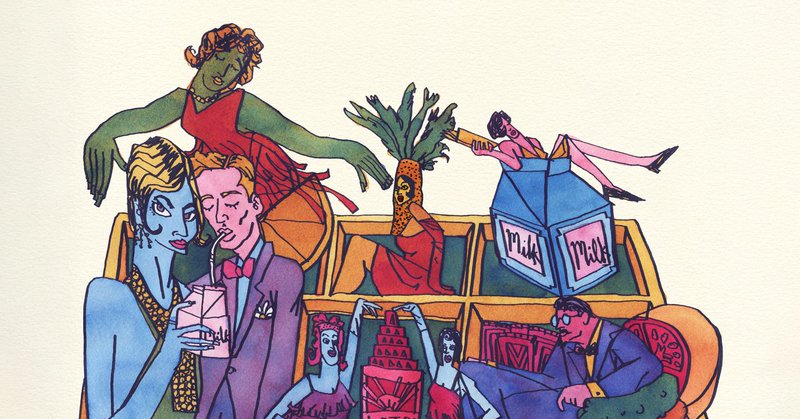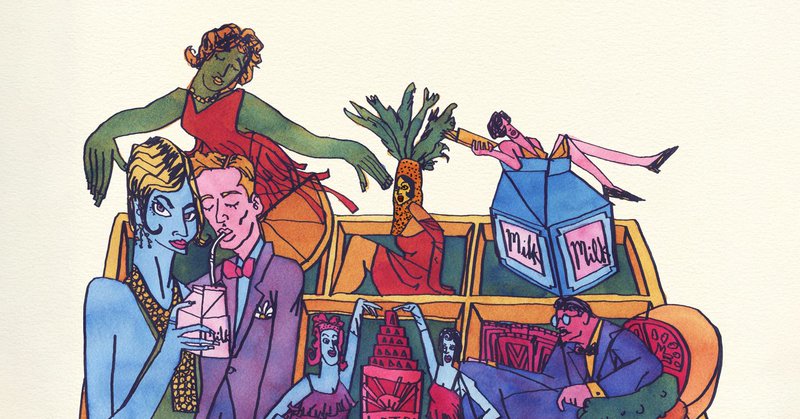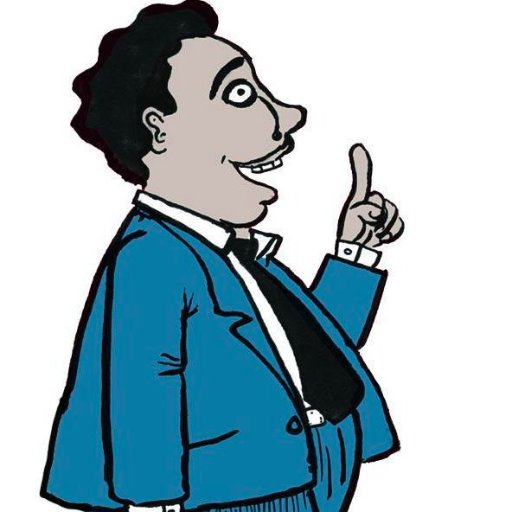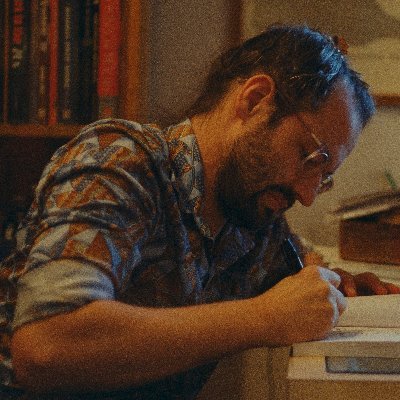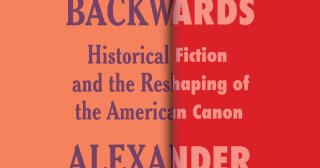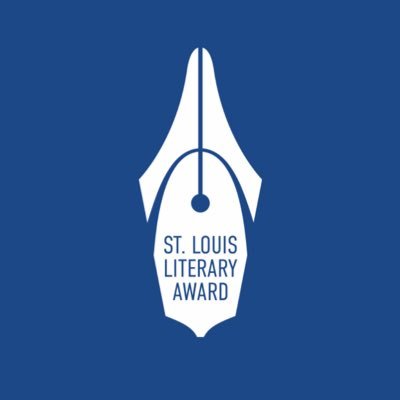
Xander Manshel
@XanderManshel
Followers
2K
Following
5K
Media
126
Statuses
992
@McGillEnglish | BOOK: Writing Backwards (Columbia UP) | ARTICLES: The New Yorker, The Atlantic, The Nation, LARB | NEXT UP: The History of High School English
Montreal
Joined April 2010
For @NewYorker, I wrote about how "The Great Gatsby," which turns 100 this month, went from flop to high school classic, and whether the novel can survive another hundred years https://t.co/JyZ9LTX0J1
newyorker.com
The classroom staple turns a hundred.
2
15
60
In honor of WRITING BACKWARDS winning the 2026 Perkins Prize, @ColumbiaUP is running a 20% off sale!
We are pleased to announce that Alexander Manshel's WRITING BACKWARDS is the Winner of the 2026 Barbara Perkins and George Perkins Prize from the International Society for the Study of Narrative. https://t.co/h04pF1gcxY
@XanderManshel #HistoricalFiction #HistoricalNovel
1
1
4
We are pleased to announce that Alexander Manshel's WRITING BACKWARDS is the Winner of the 2026 Barbara Perkins and George Perkins Prize from the International Society for the Study of Narrative. https://t.co/h04pF1gcxY
@XanderManshel #HistoricalFiction #HistoricalNovel
1
1
3
"[A] striking example of the power that cultural history can lend to narrative studies...." Congrats to Alexander Manshel, whose WRITING BACKWARDS: HISTORICAL FICTION & THE RESHAPING OF THE AMERICAN CANON was awarded the 2026 Perkins Prize. https://t.co/8hMGFqJ68u
@ColumbiaUP
0
2
5
In the century since its publication, “The Great Gatsby” has been adapted for film at least five times, mounted on the stage, and even turned into a video game. How did “Gatsby” grow so great, and why has it endured so long?
newyorker.com
The classroom staple turns a hundred.
2
21
76
More than any literary prize or celebrity book club, the school syllabus shapes American reading. “The Great Gatsby” is one of the most frequently assigned texts—but its place in the high-school canon was hardly inevitable.
newyorker.com
The classroom staple turns a hundred.
1
7
15
New Penguin Books catalogue feels like a publicist threw up their hands and said, "it' the new novel from Thomas Pynchon. What else can we say?"
4
3
49
It's a big day at the Post45 Data Collective. It's a data journal I co-founded with Laura McGrath in 2021, though we began planning in 2019. So I've worked on it for six years. Today I step off as co-editor and @XanderManshel & J.D. Porter step on 🥳🥳🥳 https://t.co/3E6A6Bq8Ff
data.post45.org
The Post45 Data Collective peer reviews and houses literary and cultural data from 1945 to the present.
3
3
26
“An author ought to write for the youth of his own generation, the critics of the next, and the schoolmasters for ever afterward,” F. Scott Fitzgerald wrote, in 1920. In this, he was wildly successful.
newyorker.com
The classroom staple turns a hundred.
0
7
15
I've been waiting for this exposé for half a century.
newyorker.com
The classroom staple turns a hundred.
1
1
7
"By some estimates, the total worldwide sales of the novel are now upward of thirty million copies. How did “Gatsby” grow so great, and why has it endured so long? The answer is high-school English." https://t.co/ySvXRpPXtI
newyorker.com
The classroom staple turns a hundred.
1
4
10
For more than seven decades, high-school teachers have used “The Great Gatsby” to investigate the American Dream, to introduce students to literary techniques, and to stress the importance of finding a designated driver. How did it become an essential text? https://t.co/94F7z8hYT2
newyorker.com
The classroom staple turns a hundred.
5
18
58
More than any literary prize or celebrity book club, the school syllabus shapes American reading. “The Great Gatsby” is one of the most frequently assigned texts—but its place in the high-school canon was hardly inevitable.
newyorker.com
The classroom staple turns a hundred.
1
5
15
If you took high school English in the US or Canada, chances are you read The Great Gatsby at some point. But why is it so ubiquitous? As the novel turns 100, @XanderManshel has some fascinating answers in @newyorker: https://t.co/YXTmFZimKM
newyorker.com
The classroom staple turns a hundred.
0
1
3
Many thanks to Mara Smith for her editorial brilliance, and Emily Yang for her scrupulous fact-checking!
0
0
2
F. Scott Fitzgerald once worried that The Great Gatsby was a flop, but worldwide sales of the novel are now upward of thirty million copies. What changed? According to McGill’s Alexander Manshel, the answer is high-school English.
newyorker.com
The classroom staple turns a hundred.
1
1
4
Now you can also listen to Alexander Manshel's amazing book, WRITING BACKWARDS, which is now available as an audiobook! https://t.co/qhCcn6DfSF
@XanderManshel @ColumbiaUP
mcgill.ca
Associate Professor Alexander Manshel's publication Writing Backwards: Historical Fiction and the Reshaping of the American Canon (Columbia University Press, 2023) has been released as an audiobook
0
1
4
Very excited to be giving a lecture tomorrow night (Feb. 20) as part of this award and St. Louis University's Campus Read series! If you're in the area, or want to attend by Zoom, you can find the details here:
slu.edu
As part of the St. Louis Literary Award series of programs honoring the 2025 award recipient Colson Whitehead, the Saint Louis University 2025 Campus Read Speaker Series will focus on his award-win...
Mark your calendars for next spring as we honor Colson Whitehead as the 2025 St. Louis Literary Award Recipient!
0
4
12
I had a great time discussing the changing shape (and changing politics) of historical fiction with @catedomen and Claire Barnes for New American Studies Journal! Here's a link to our conversation and an excerpt from my book... https://t.co/kehKuK8p2y
Our special issue for New American Studies Journal is out and is open access! https://t.co/6h8XFrBBW6. Featuring @XanderManshel on historical fiction, Edwin Frank on @nyrbclassics, Susan Hegeman on classics and culture wars, Rochelle Gurstein on ephemeral masterpieces, & more!
0
0
6

